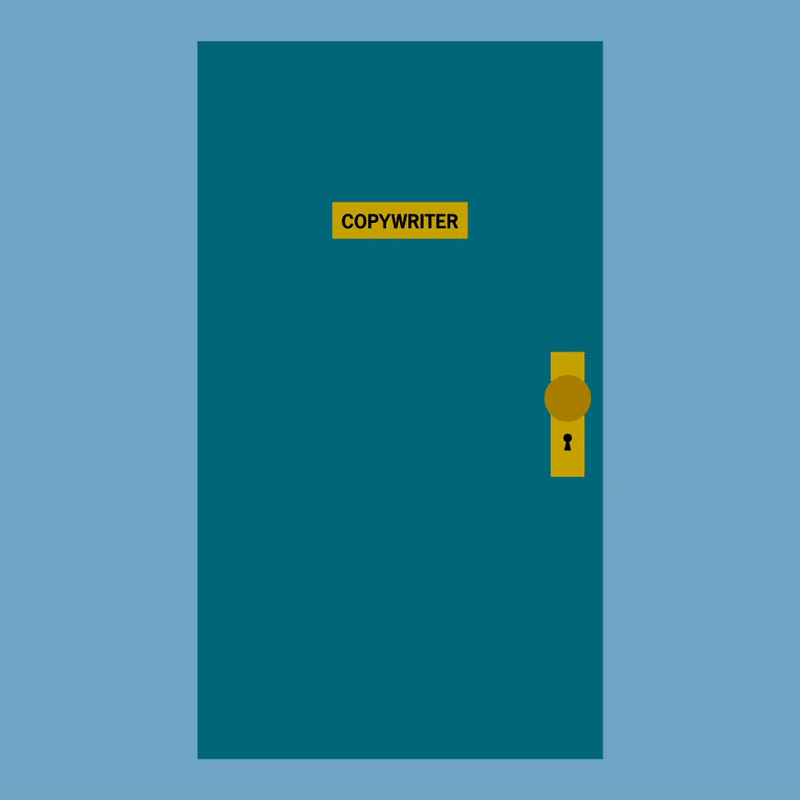The 10,000-hour rule
With such generalisations of rules like the 10,000-hour rule, a deeper exploration of the research reveals that it takes more than just time to become an expert. Quality of practice and motivation play a big part in the results.
Practice makes perfect
Half of the violinists involved in the Malcolm Gladwell research peaked before 10,000 hours, with many reaching their pinnacle at 7,400. Unsurprisingly, talent and passion were crucial determinants of success.
Is there a 72,000-hour rule?
I myself have 35 years of marketing experience. Does that experience make me more of an expert, or is it, as some say, 'just one year's experience repeated'? In 35 years, I have worked with over 500 companies and marketing teams across most industries and sectors. My experience and time in the sector have allowed me to work with every age group and countless targeted audiences. It's also allowed me to work with fleeting and mainstays of communication mediums. Thirty-five years have afforded me countless opportunities to experiment and learn. I carry that experience with me every day. Thirty-five years of continuous high-level experience would be enough to rank me as an expert in any other industry, but does that rule apply to marketing?
Motivation
With the 10,000-hour rule, motivation is one of the primary indicators of success. True experts are about the journey. They do not see a final destination. The best in their fields don't work towards a retirement plan. They seek daily opportunities to learn, improve and further perfect their craft and knowledge. Whether it's a violinist or a lifelong communicator, improving on the last performance is always the goal. For those who are indeed experts in their fields, the passion, drive, and enthusiasm rarely wains; when it does, it's only so they can catch their breath.
The fog of war
Some may consider the experience in marketing practices that supersede most contemporary channels and technologies redundantly; however, those people may need to rethink what is at the core of marketing. Marketing is (and always) about challenging entrenched beliefs and changing behaviours. The specifics of technology and audiences have always changed; however, the essence of human nature is fundamentally the same. How marketing and communications interact with our feelings and thoughts will determine success. The best marketers have developed an agnostic view of marketing technology and have a philosophy of the right tool for the job.
Hindsight is 2020
The suite of metrics and measurement tools we have today as marketers have been unequalled in history; however, each reporting solution is only designed to try to lower the risk with the next campaign.
Only some historical campaigns have succeeded due to past campaigns' analytics. Creative thinkers and outliers can understand and connect with the needs and desires of target audiences. Companies expend enormous resources to try to replicate and repeat the success of previous and competitor marketing campaigns and never succeed. If they did, their campaigns would succeed every time, which they don't. The past is only sometimes a guide for future success in marketing. Expert marketers see the value in metrics but also bring the 'X' factor, which is a better determinant of future success.
If you need an experienced marketing team with the ability to challenge entrenched beliefs and change behaviours contact us today.






